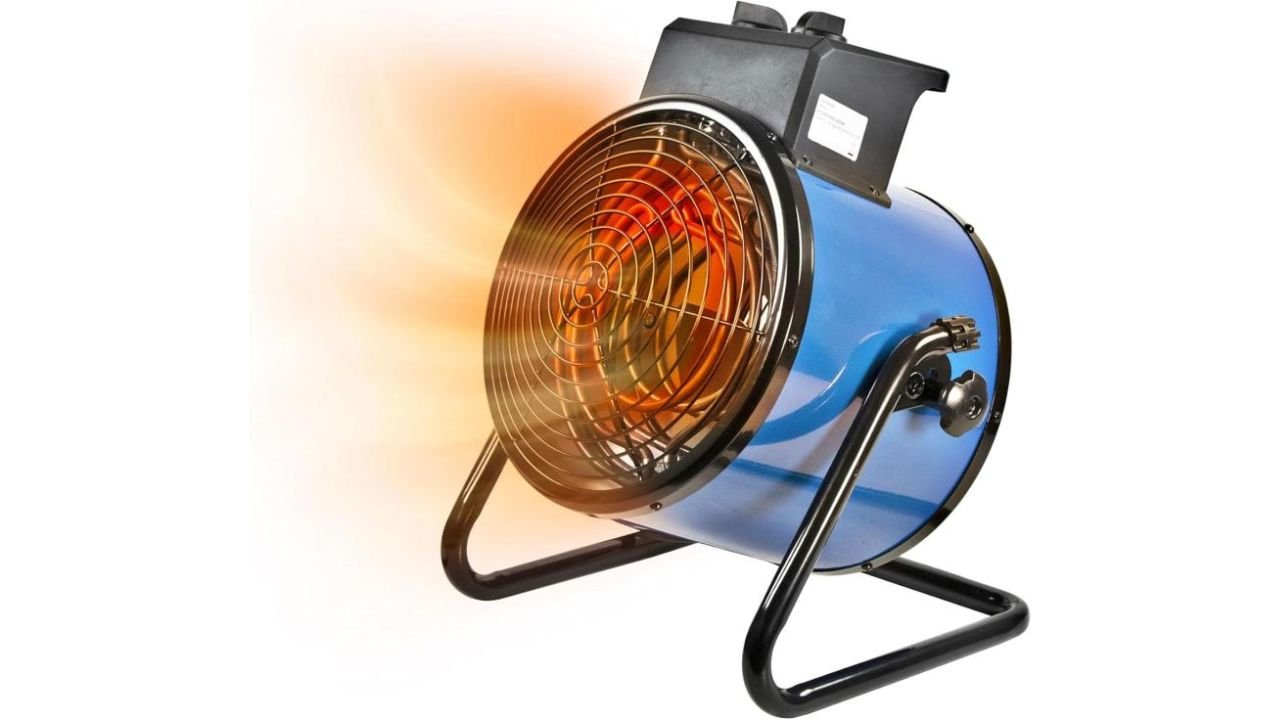Industrial heaters are essential for various purposes. It includes energy production and manufacturing. Major developments in industrial heaters are occurring as industries change to become more efficient. Improved performance and lower operational costs are the major features of the future industrial heaters. It includes smart sensors and automation technologies. Continue reading the blog to know more.
Energy Efficiency
A major factor changing the industrial heating scene is energy efficiency. The industrial heaters are made to use less energy without sacrificing efficiency. This involves minimizing heat loss using advanced sensors and the latest insulating materials.
Energy consumption is optimized through real-time monitoring and adjustment of heating operations through integration with automation and IoT systems. Electrification also accelerates electric heaters for conventional fossil fuel heaters to reduce emissions and improve efficiency.
Decarbonization
Technologically advanced electric heaters are increasingly popular compared to basic types . Electric industrial heaters can be run on renewable energy sources such as sun and wind. With the progress in renewable energy, electric heat is becoming less expensive and greener.
Electrification is also consonant with government regulations and corporate promises to decrease carbon emissions. Electric process heaters are increasingly being used in industries such as chemical processes. The technological innovation has transformed the landscape of industrial heaters to the next level.
Modular and Adjustable Designs
This is one of the newest advances in industrial heaters. With the ability to tailor heating to specific operations, these advanced systems are designed to reduce energy waste and increase business productivity.
Refurbishments on the entire system are unnecessary, as modular heaters can easily be expanded or modified to meet new production requirements. Adaptable heaters can provide better temperature control by using smart sensors and controls.
Smart sensors and controls can also be incorporated into adaptable heaters for precise temperature control. By minimizing downtime and energy use in numerous industries, the result of this trend is not only enhanced operational reliability but also a step forward toward sustainability goals.
Advanced Designs and Materials
More long-lasting and effective heating solutions are made possible by applying cutting-edge materials and creative design approaches. Advanced alloys and ceramics are high-performance materials that increase heater lifetime and thermal conductivity.
Industries use these materials to make heaters resilient to high temperatures and challenging operating environments, guaranteeing reliable operation and a long lifespan. The dedication to utilizing state-of-the-art materials ensures that the heaters fulfill the strictest requirements for endurance and quality.
Enhanced Safety Features and Compliance
New developments in industrial heaters place a greater emphasis on improved safety measures and more stringent adherence to international regulations. To quickly identify overheating, leaks, or electrical problems, manufacturers are incorporating sophisticated sensors, auto shut-off mechanisms, and real-time diagnostics.
These intelligent safety measures guarantee consistent, dependable performance and prevent accidents. To ensure environmental sustainability and workplace safety, enterprises are also concentrating on adhering to international standards such as ISO, OSHA, and CE certifications.
Modern heaters are built with better insulation, flameproof casings, and tamper-proof controls in response to stricter safety rules. Safety is now a key consideration in heater innovation and industrial adoption since it protects employees and equipment and reduces downtime.
AI and Machine Learning in Temperature Control
Using AI and machine learning to provide sophisticated temperature management is one of the most important developments in industrial heaters. Real-time data analysis made possible by these technologies enables heaters to adapt automatically to shifting processes and ambient circumstances.
This improves safety, lowers operational costs, and increases energy efficiency. The machine learning algorithm’s ability to anticipate equipment breakdowns makes productivity maintenance and decreased downtime possible. AI-driven systems also learn to optimize performance and heat distribution from past usage patterns.
AI integration into industrial heating systems is rapidly changing as companies place a higher priority on automation and smart production. It provides unparalleled precision, dependability, and sustainability in various industries, including manufacturing, chemicals, and food processing.
Industry 4.0 Networks
The integration of industrial heaters into larger Industry 4.0 networks is growing. This entails integrating heaters with manufacturing execution systems, enterprise resource planning, and supervisory control and data acquisition.
Businesses may improve traceability, automate processes more smoothly, and optimize real-time performance by connecting heating operations to the rest of the production line. It also enables data-driven decision-making, boosting businesses’ competitiveness and efficiency.
Summing It Up
The industrial heater landscape has undergone significant transformation in recent times. Adopting these new heater trends will be essential to competitiveness and compliance as industries prioritize operational effectiveness, environmental responsibility, and digital transformation. The future of industrial heating is more intelligent, cleaner, and connected than ever, whether through IoT, AI, or electric power.
Are you still looking for the best industrial heater to sell in your shop? Tempsens is the best option. We offer the best quality industrial heaters in various types. Contact us and get the best quality industrial heaters for your shop at a reasonable price.



